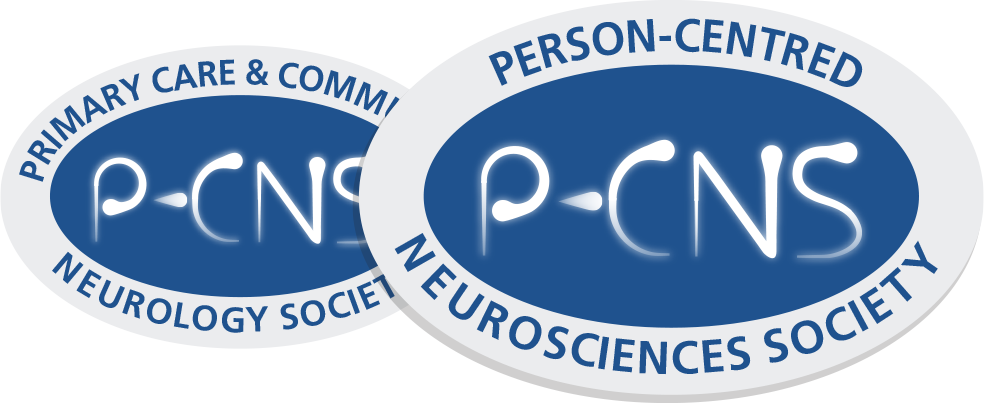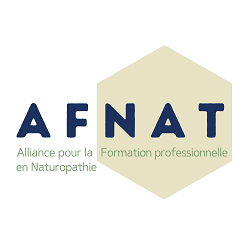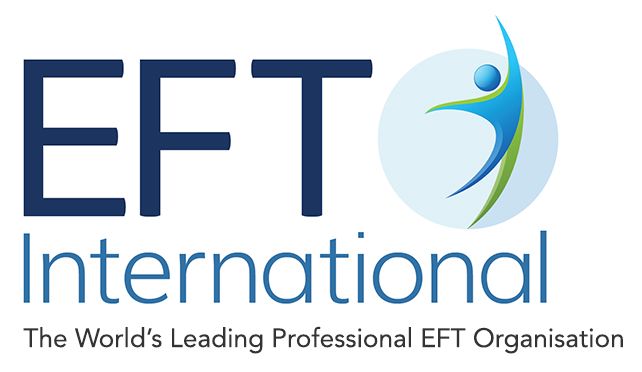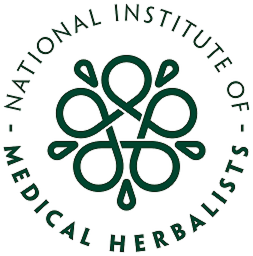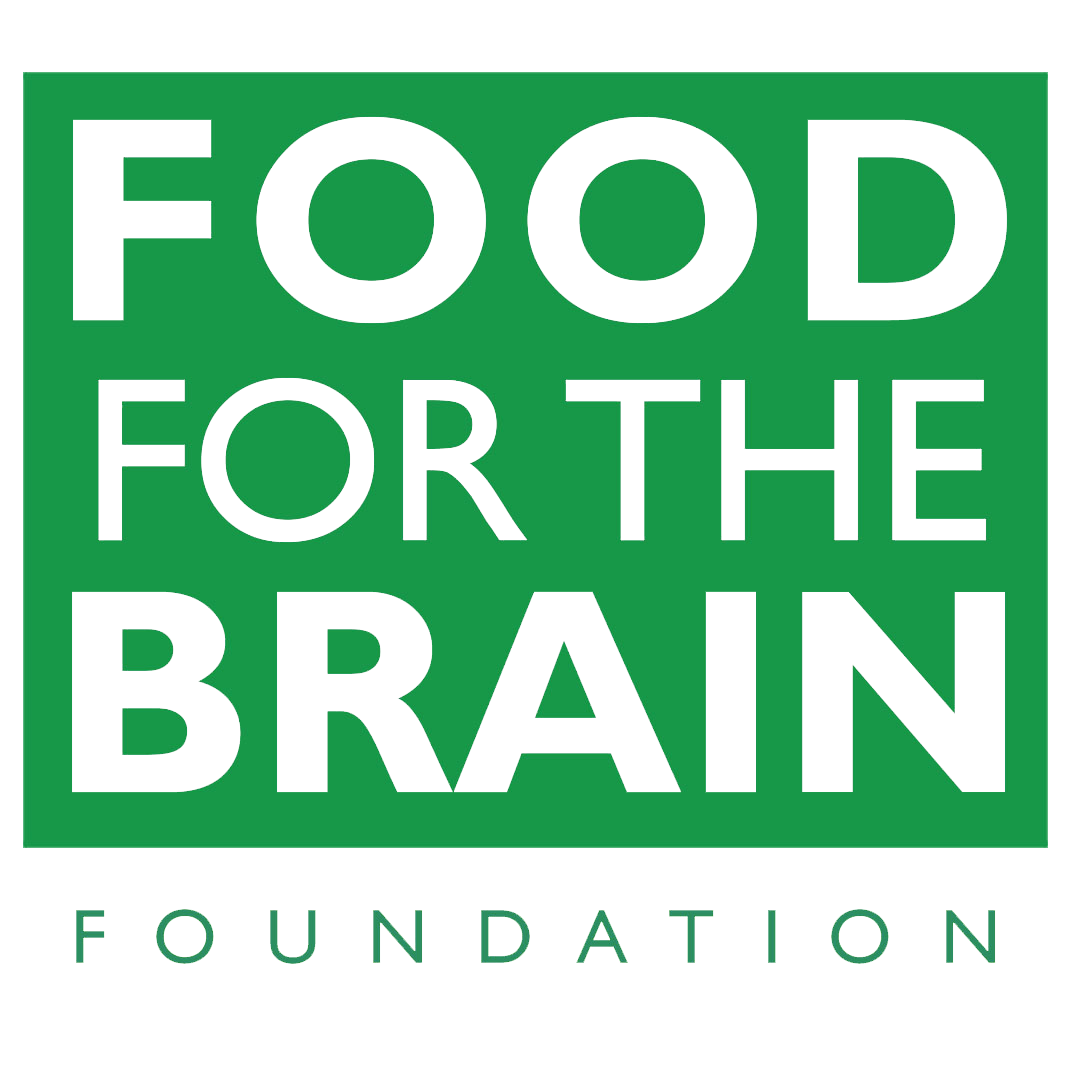2023 Speaker Slides - Saturday 1 July 2023
Dr Robert Lustig is a New York Times bestselling author of the Fat Chance, The Hacking of the American Mind, and his new book Metabolical: The Lure and the Lies of Processed Food, Nutrition, and Modern Medicine.
View the slides >
Dr Shahrukh Mallik is an NHS Neurologist, with 15 years of clinical, research, and teaching experience. He spends 3 days of his working week within the NHS and the other two supporting patients at The London Centre for Longevity and Metabolic Health. He sees the body as an interconnected system where inflammation is often at the root cause of most health conditions. Whilst he might be treating a patient for alzheimers or cardiovascualar issues, he often finds that many chronic problems such as fibromalygia or arthritis are also resolved. What is good for the brain also has positive impacts on every element of the body.
The Zoe Personalised Nutrition Plan was the first evidence based personalised nutrition product to come to market. ZOE tests how your body responds to different foods, and uses AI to create personalised recommendations to help you eat the right foods for your unique biology. Professor Tim Spector is a professor of genetic epidemiology at King's College in London and one of the co-founders of ZOE and Dr Sarah Berry, Associate Professor King’s College & Chief Scientist at ZOE, will update us on what they have learned from the first year and what they have planned for future developments.
Awaiting slides
In the presence of many gut conditions such as IBD, coeliac disease and IBS, many patients will follow restrictive diets as a way of managing symptoms and can develop significant fear around important food groups. This fear can lead to disordered eating, malnutrition, as well as negatively impact on quality of life and mental health. Dr Alexa Duff will draw upon case examples and drawing on the evidence base, she will illustrate important psychological considerations when having conversations with patients about restriction, how restriction may be impacting on their mental and physical health and overall wellbeing and how to address food reintroduction.
200 years ago Alexander von Humboldt set out a theory of interconnectedness – ‘the unity of nature’. He was prescient – the changing shift in the planetary ionosphere impacts the soils the plants and us. Michael Ash will explore the roles of soil and human ecology, biofortification, risks and resolutions and why we are all ‘soil’.
The 'Whole Child' approach to health begins with the understanding that physical health is intrinsically linked to nutrition, environment, and mental and emotional wellbeing. The foundations of health begin before conception, continuing through pregnancy, and include genetics, and nutritional and environmental factors. Dr Venita Patel will highlight the assessment framework that she uses that provide insight into the inter-linked physiological and biological systems, such as gut integrity and the microbiome, immune function and energy production.
Dr Campbell Murdoch is an NHS GP and a Primary Care Network Clinical Director who has a special interest in metabolic health. Dr Matt Hawker trained first as a physician and then a consultant ophthalmologist and as Co-Founder of Compass Lifestyle is committed to a holistic approach in healthcare. Together they will discuss the power of dietary and lifestyle changes to prevent and reverse chronic diseases.
View the slides for Dr Campbell Murdoch >
View the slides for Dr Matt Hawker >
Why is it important to adapt diet and lifestyle advice for people of different cultural backgrounds?
Until 2021, there were no food plates or nutrition recommendations supporting the largest ethnic groups in the UK and lifestyle recommendations also didn’t include advice for people with different cultures and behaviour patterns. Toral Shah, a Nutritional Scientist (MSc Nutr Med), Functional Medicine Practitioner share how personalising nutrition and lifestyle advice means understanding your own bias and providing culturally competent advice.
There are many factors that increase a person’s risk for dementia, such as age, but very few that are ‘disease modifying’. Patrick Holford and Prof David Smith will discuss the research that shows that the top two disease-modifiable risk factors for Alzheimer’s dementia are currently, homocysteine lowering B vitamins and omega-3 or seafood intake. They will also highlight two new studies showing that a synergistic effect of having optimal omega-3 and B vitamin intake is having the greatest impact.
Dr Zach Bush MD is a physician specializing in internal medicine, endocrinology and hospice care. He is an internationally recognized educator and thought leader on the microbiome as it relates to health, disease, and food systems. His passion for education reaches across many disciplines, including topics such as the role of soil and water ecosystems in human genomics, immunity, and gut/brain health. His education has highlighted the need for a radical departure from chemical farming and pharmacy, and his ongoing efforts are providing a path for consumers, farmers, and mega-industries to work together for a healthy future for people and planet.
Awaiting slides
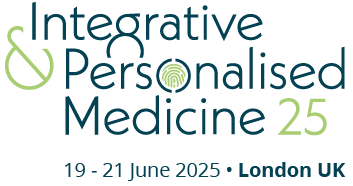


.jpg.png)




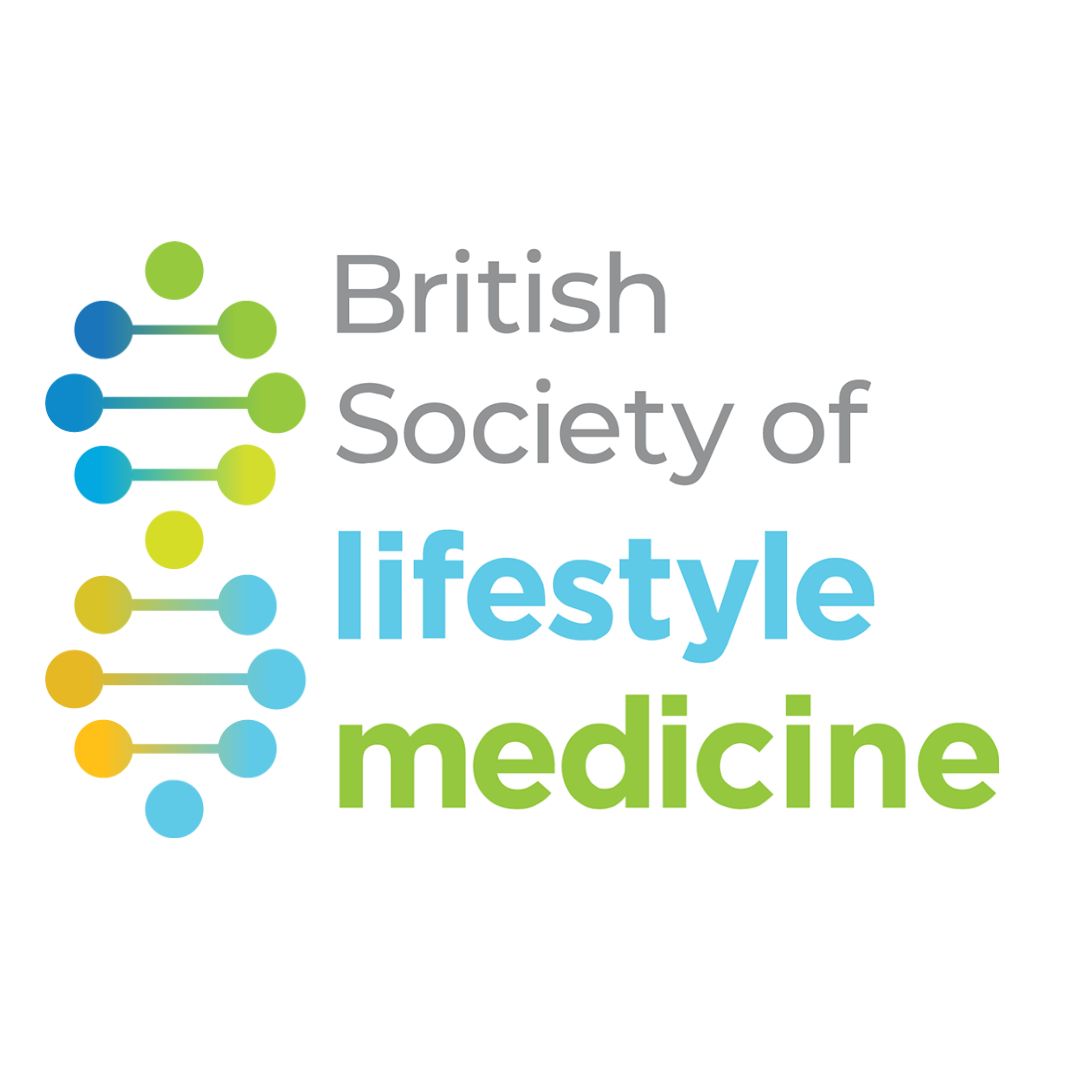











crop.jpg)















.jpg)
CROP.png)
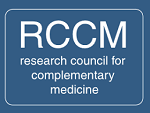


---RGB---web.jpg.png)
---RGB---web.jpg.png)



.jpg)

